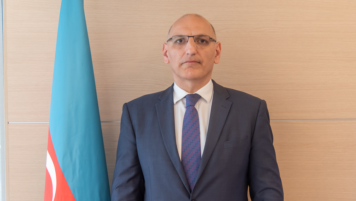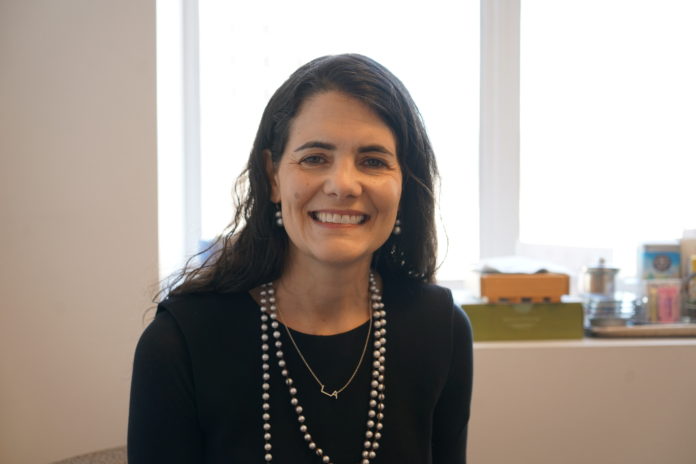By Ambassador Nina Hachigian
In June, I traveled to Armenia where the State Department hosted the U.S.-Armenia Local Democracy Forum, the first-ever forum of its kind. This event showed well the potential for city and state diplomacy and helps explain why the Secretary of State created my new role and team. This forum was also just one element of the Biden Administration’s commitment to making the U.S.-Armenia relationship deeper and broader at a time when the Armenian people and government very much want to develop their new democracy.
We brought mayors, city and state officials from California, Kansas, Michigan, Montana and Pennsylvania to meet with their Armenian counterparts. Some sister-city and sister-region relationships had been established over the decades, but we inaugurated three new pairs with Helena, MT, Oakland County, MI, and Scranton, PA. Over two days, we discussed the fundamental role of local leaders in democracy—delivering services without corruption, defending free speech and rights of members of minorities, transparency in procurement, and more. Special Representative Sarah Morgenthau was on hand to discuss commercial ties. As local leaders often do when they get together, they also spoke of the more particular challenges in their communities and shared solutions with each other. This is the magic of local-level partnership—good, practical ideas can travel around the world and back to make life better for regular people.
Nearly all the U.S. delegates went to visit their partner cities or regions before or after the Forum. The incredible hospitality and warmth of their Armenian counterparts overwhelmed these local American leaders. They were truly touched by the local Armenian officials’ generosity and enthusiasm.
The most important part is yet to come, of course, as the eight pairs outline future steps in cooperation. Some concrete ideas are already in place. The Mayor of Glendale, for example, plans to bring over a group of city experts in skills her Armenian partners most need. The mayor of Helena is inviting his partner mayor from Stepanavan to Montana to continue their conversation on opportunities for future collaboration.
This forum to bolster local-level connections, so helpful to enhance a country-to-country relationship, contributed to an overall effort of the Biden Administration to strengthen and deepen ties with Armenia to an unprecedented degree.









